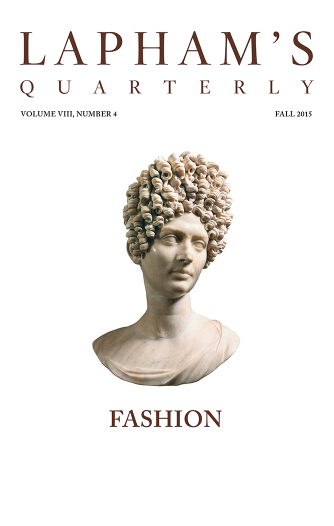Behind the pine grove the setting sun had left a zone of fire against which the trunks of the pine trees stood out like bronze columns. The path was rugged and uneven, giving evidence of the ravages wrought by the winter rains; at intervals loose stones, looking like teeth detached from the gum, rendered it still more impracticable.
The melancholy shades of twilight were beginning to envelop the landscape; little by little the sunset glow faded away and the moon, round and silvery, mounted in the heavens, where the evening star was already shining. The dismal croaking of the frogs fell sharply on the ear; a fresh breeze stirred the dry plants and the dusty brambles that grew by the roadside; and the trunks of the pine trees grew momentarily blacker, standing out like inky bars against the pale green of the horizon.
A man was descending the path slowly, bent, apparently, on enjoying the poetry and the peace of the scene and the hour. He carried a stout walking stick, and as far as one could judge in the fading light, he was young and not ill-looking.
He paused frequently, casting glances to the right and to the left as if in search of some familiar landmark. Finally, he stood still and looked around him. At his back was a hill crowned with chestnut trees; on his left was the pine grove; on his right, a small church with a mean belfry; before him the outlying houses of the town. He turned, walked back some ten steps, stopped, fronting the portico of the church, examined its walls, and satisfied at last that he had found the right place, raised his hands to his mouth and, forming with them a sort of speaking trumpet, cried in a clear youthful voice, “Echo, let us talk together!”
From the angle formed by the walls there came back instantly another voice, deeper and less distinct, strangely grave and sonorous, which repeated with emphasis, linking the answer to the question and dwelling on the final syllable: “Let us talk togethe-e-e-e-r!”
“Are you happy?”
“Happy-y-y-y!” responded the echo.
“Who am I?”
“I-I-I-I!”
To these interrogations, framed so that the answer should make sense with them, succeeded phrases uttered without any other object than that of hearing them reverberated with strange intensity by the wall. “It is a lovely night”—“The moon is shining”—“The sun has set”—“Do you hear me, echo?”—“Have you dreams, echo, of glory, ambition, love?” The traveler, enchanted with his occupation, continued the conversation, varying the words, combining them into sentences, and in the short intervals of silence, he listened to the faint murmur of the pines stirred by the evening breeze, and to the melancholy concert of the frogs. The crimson and rose-colored clouds had become ashen and had begun to invade the broad region of the firmament over which the unclouded moon shed her silvery light. The honeysuckles and elderflowers on the outskirts of the pine grove embalmed the air with subtle and intoxicating fragrance. And the interlocutor of the echo, yielding to the poetic influences of the scene, ceased his questions and exclamations and began to recite, in a slow, chanting voice, verses of Bécquer, paying no heed now to the voice from the wall, which in its haste to repeat his words returned them to him broken and confused.
From The Swan of Vilamorta. Born to a noble family in Galicia in 1851, Pardo Bazán believed at the age of fourteen that there was “nothing worthy to be called a novel unless a man was fired out of a cannon or flung over a cliff in every chapter,” according to a biographer. Her own writing, which often critiqued capital punishment and her society’s patriarchal order, introduced naturalism to Spanish literature. Though she had been forbidden to attend college, she became the first female professor of literature at the University of Madrid.
Back to Issue


